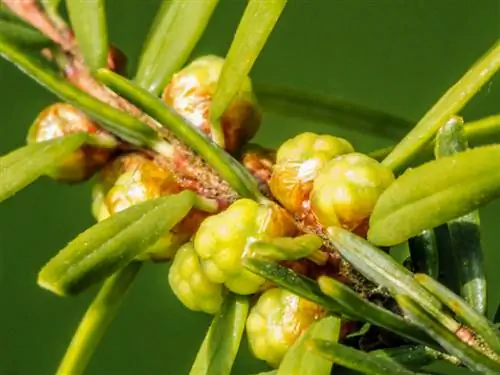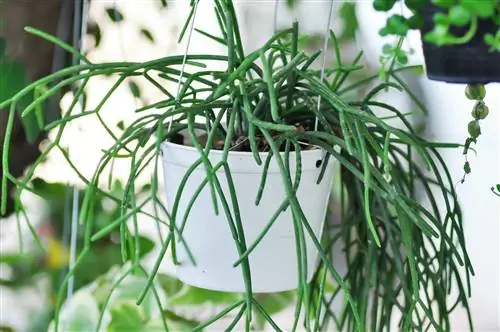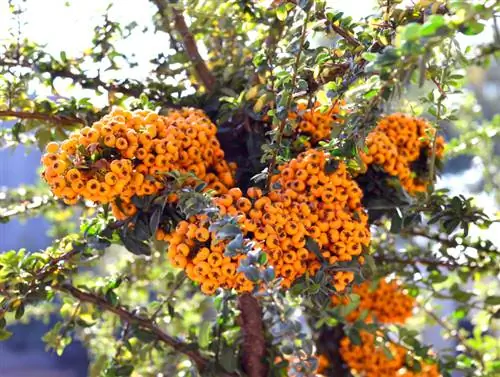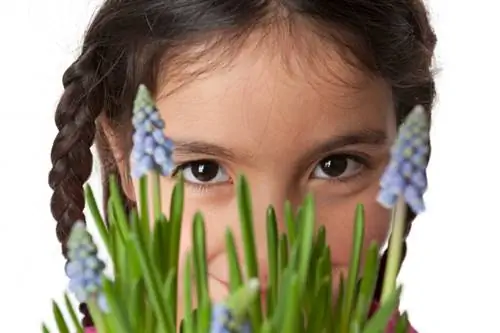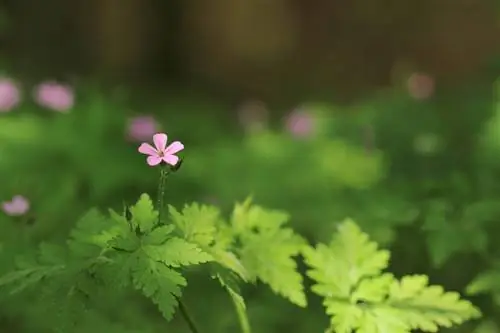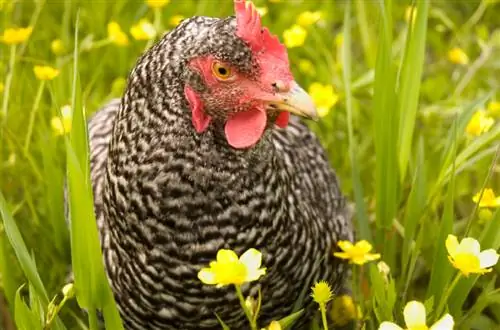- Author admin leonars@hobbygardeners.com.
- Public 2023-12-16 16:46.
- Last modified 2025-01-23 11:20.
Hemlocks are often planted as park trees. They grow quickly and can reach considerable sizes. A hemlock hedge is ideal for smaller gardens, especially if you are looking for an alternative to the poisonous yew tree.
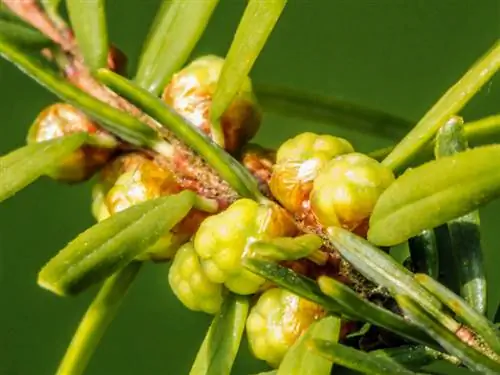
Is hemlock poisonous?
Unlike other evergreen hedge plants such as yew, boxwood and privet, the hemlock (Tsuga) is not poisonous. It is a safe and easy-care alternative for gardens and has no poisonous plant parts.
Hemlocks belong to the pine family and come from North America. Tsuga canadensis is a large tree. The dwarf hemlock firs or the hanging hemlock firs also fit into smaller gardens. Because they tolerate pruning, hemlocks are ideal for evergreen hedges. Popular hedge plants are:
- Boxwood,
- Privet,
- Yew,
- Thuja.
However, both their greens and their fruits are poisonous. The hemlock, on the other hand, has no poisonous plant parts and offers a good alternative as an easy-care hedge plant.
Tip
In contrast to the wood of the native pine family, the wood of the hemlock fir is resin-free and insensitive to water. That's why it is often used in archery as an arrow shaft material and is also used in sauna construction.

